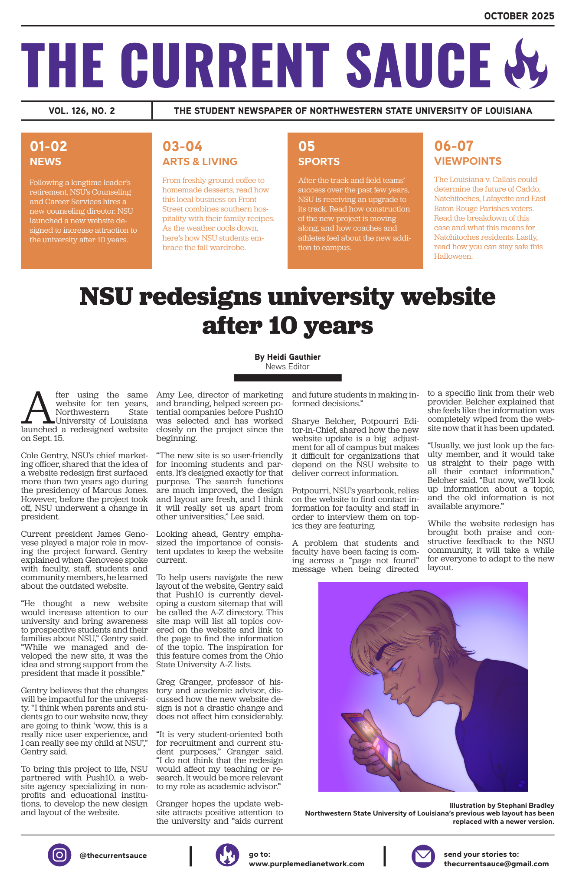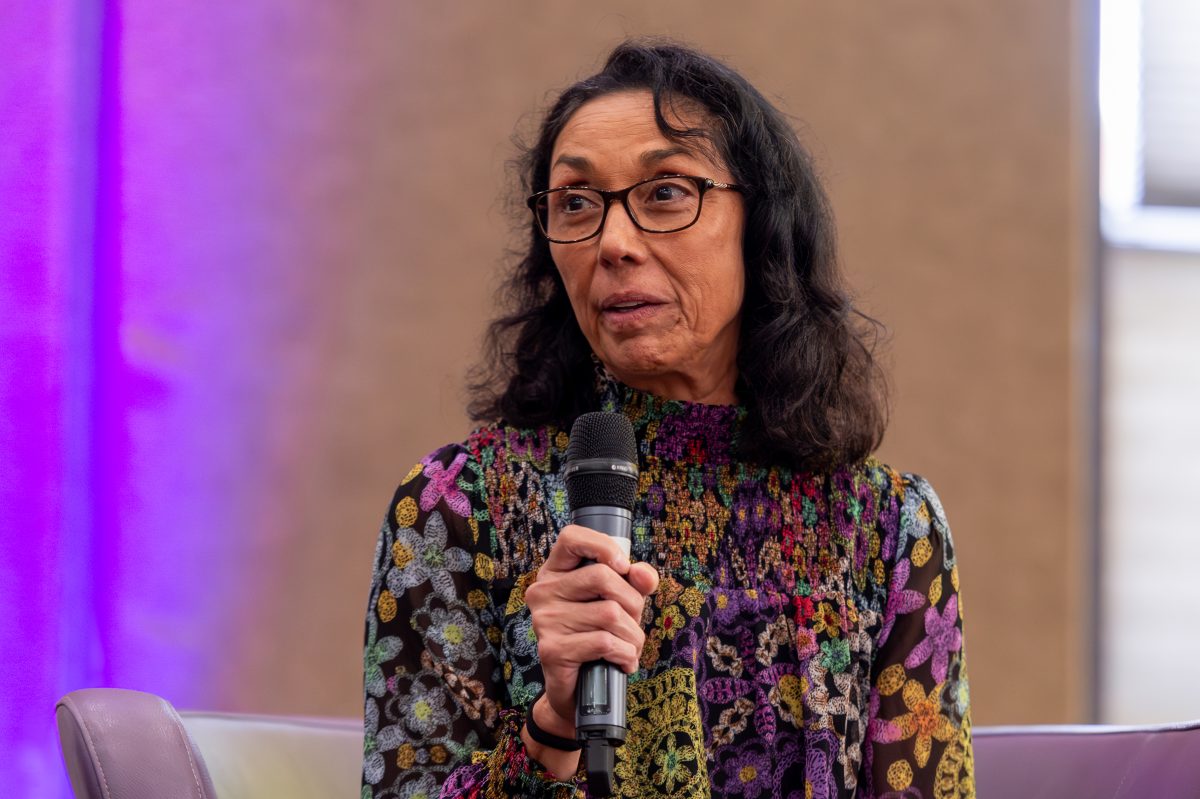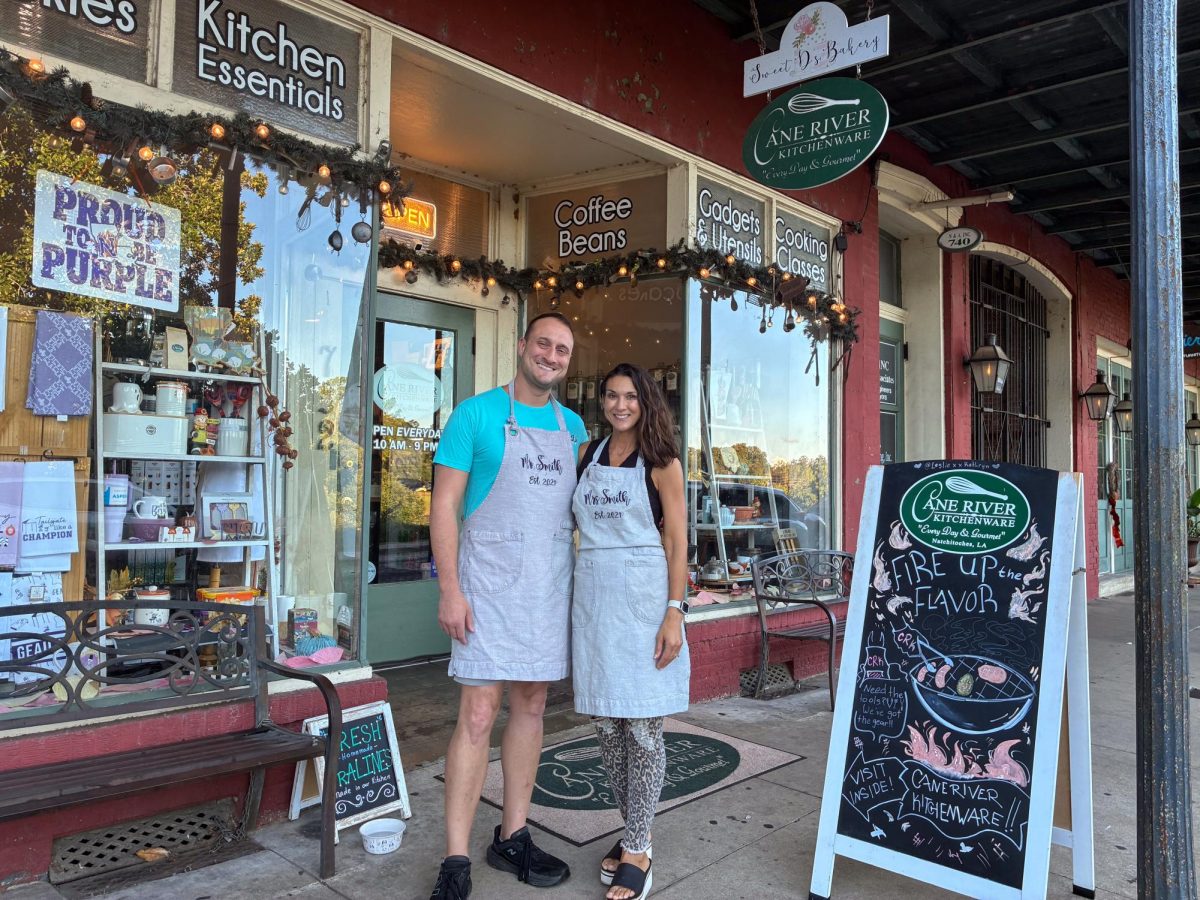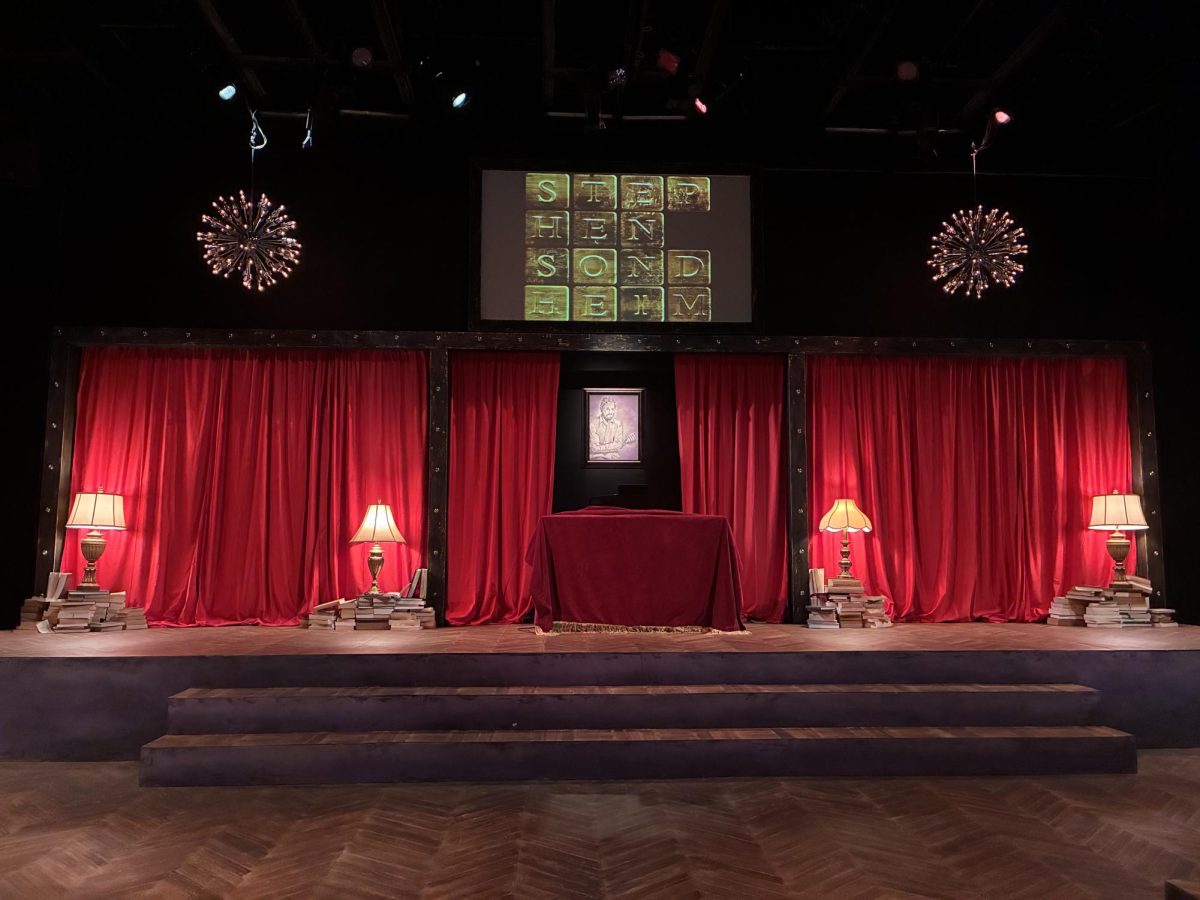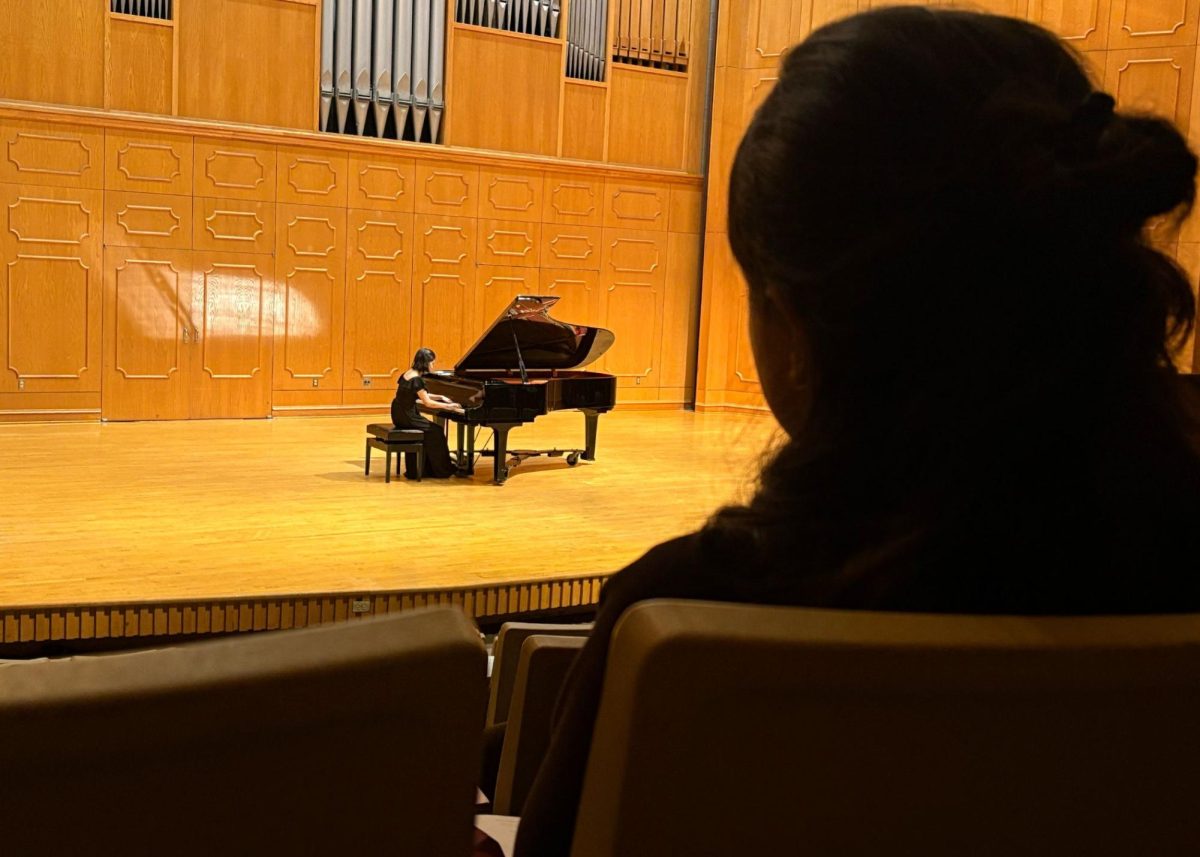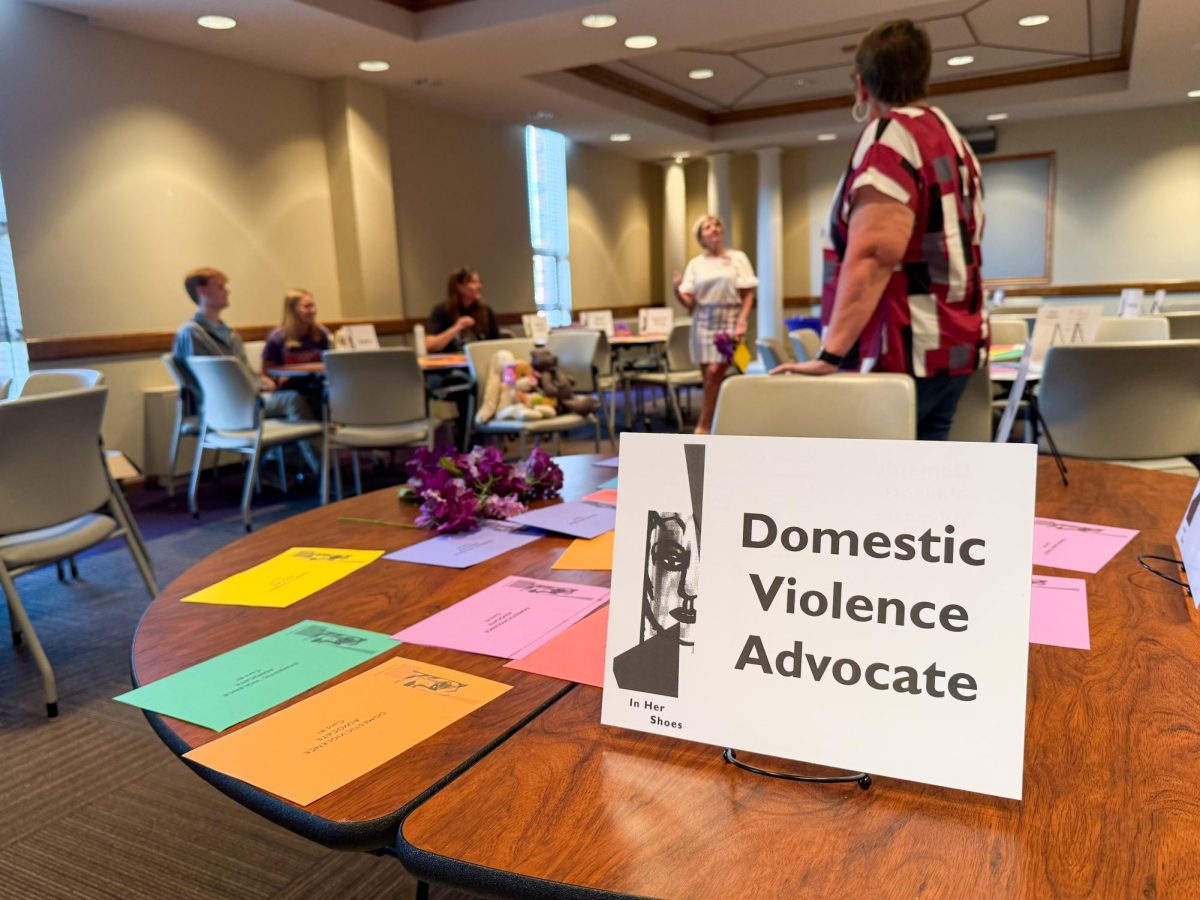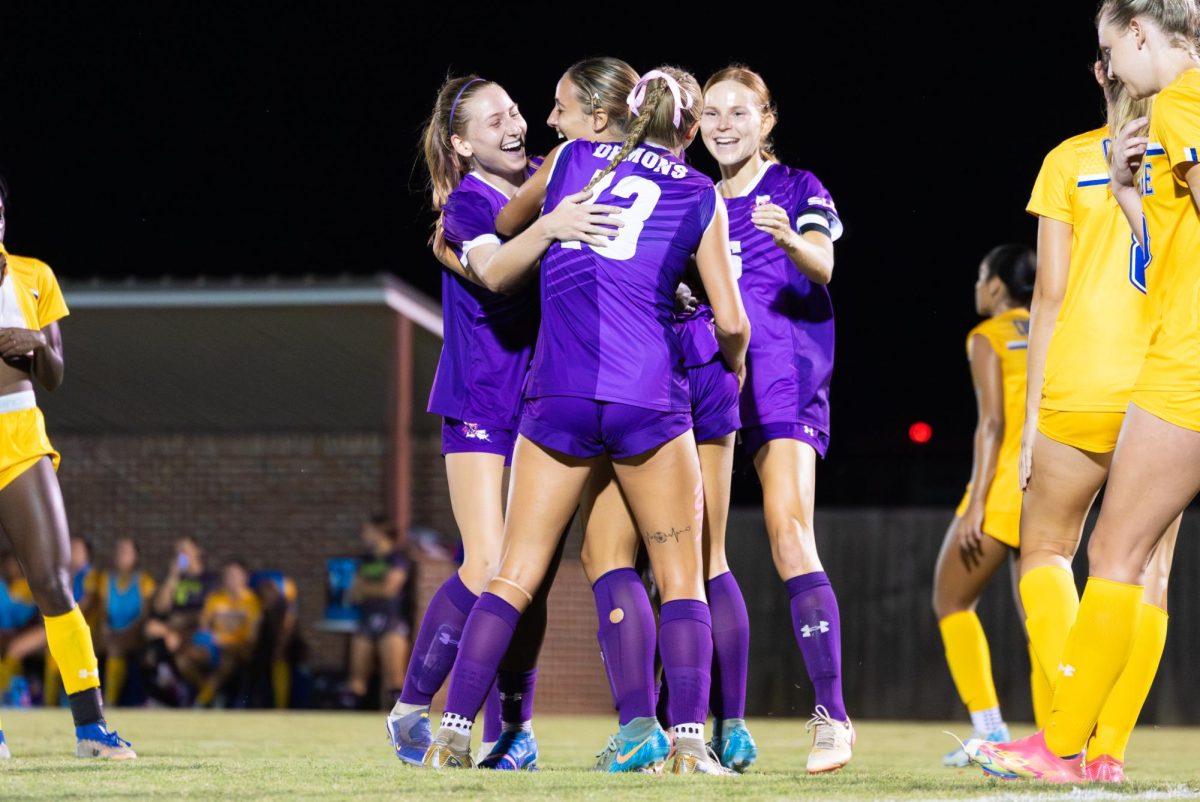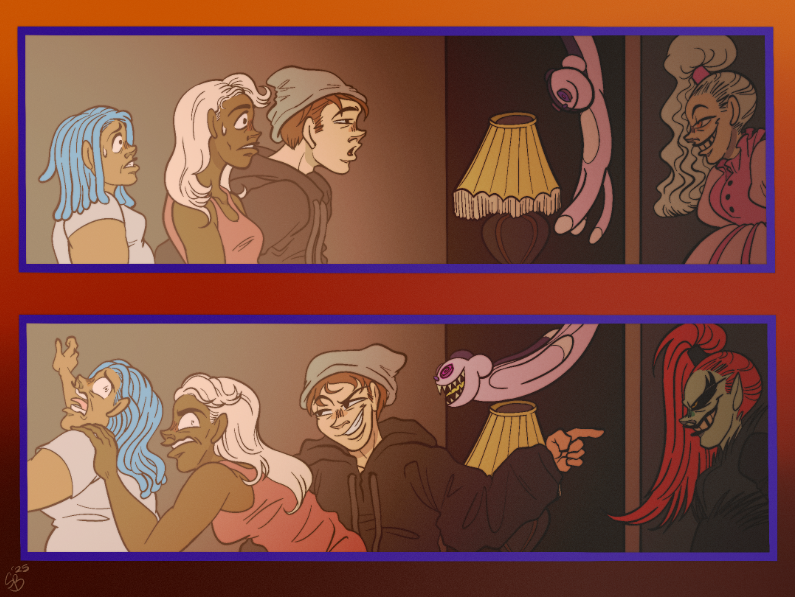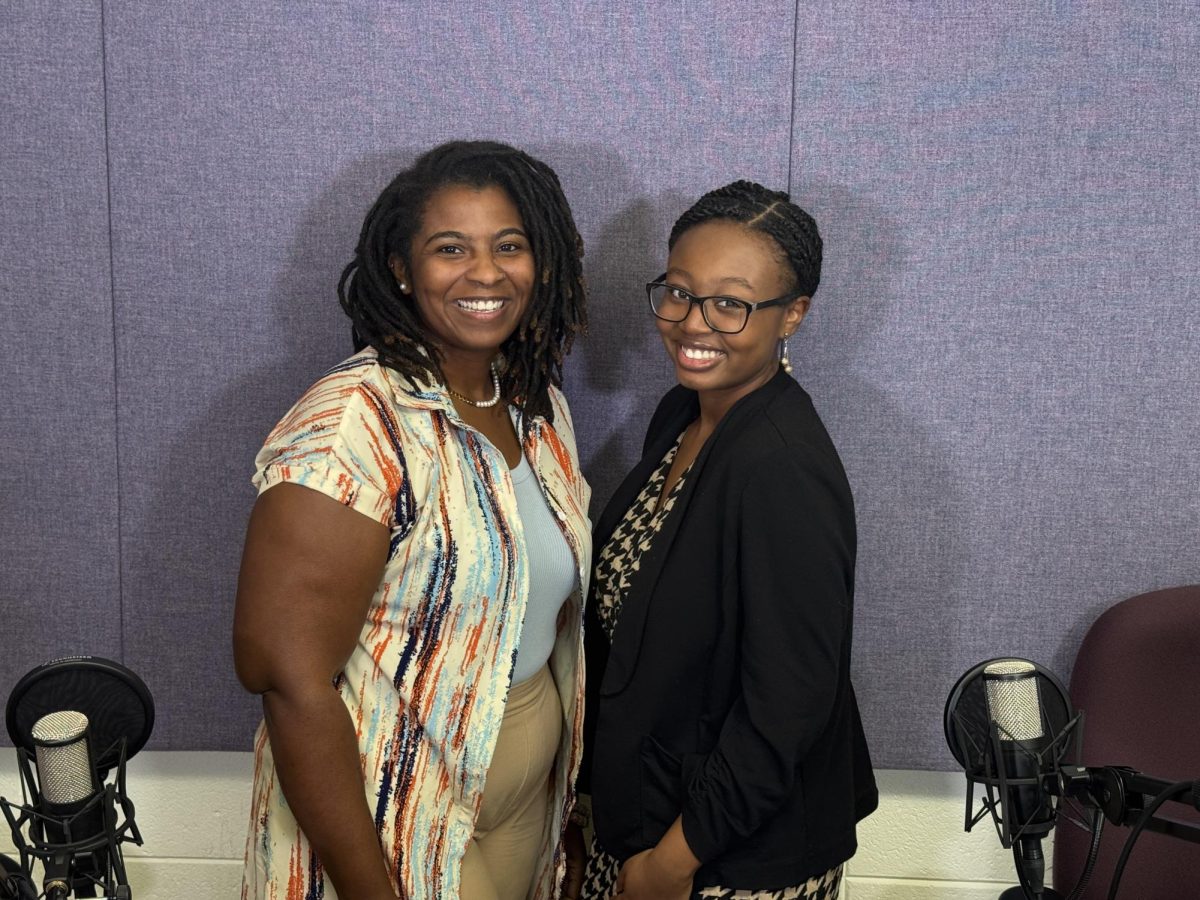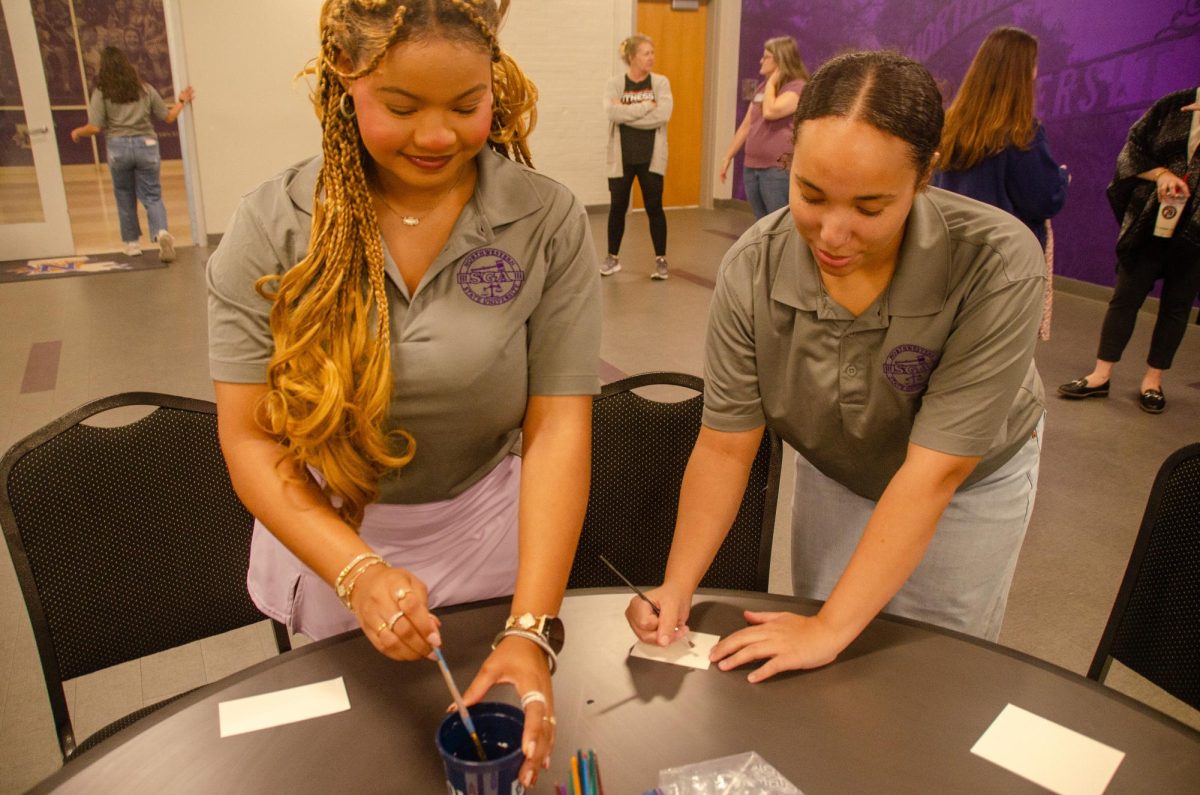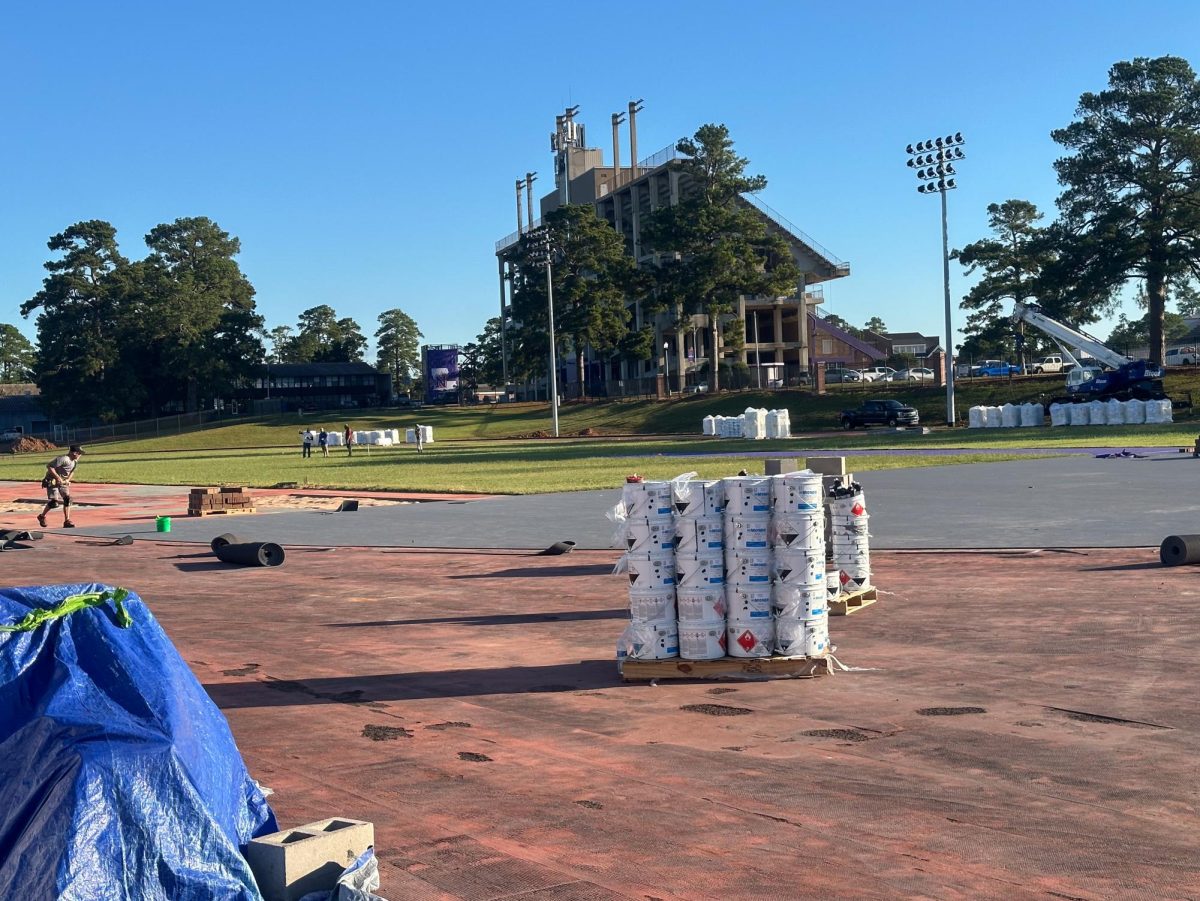“Mijita, please study,” were words that could barely be heard as the sound of running children overtook the house — the words from a grandmother that motivated young “Roni” to continue with her studies.
Veronica M. Biscoe, or “Roni” as many know her, is the Human Resource and Institutional Effectiveness Director at Northwestern State University of Louisiana. Previously to this role, she was the Director of University Planning, Assessment and Equal Employment Opportunity. She has also been teaching as an adjunct instructor for the College of Education’s Teaching, Leadership and Counseling Department since Fall 2006.
“Mija, we knew you could do it,” said Biscoe’s proud family members as she walked across the stage at the University of Texas at Austin to receive her undergraduate degree in psychology.
Biscoe acquired a full-ride scholarship for her freshman year, sophomore year and some of her junior year of college. She was also able to acquire other local scholarships from her hometowns of Devine, Texas and Pearsall, Texas along with grants.
“That scholarship meant everything, it was everything, honestly. My family didn’t have the money, or have an account set aside for me to go to school,” Biscoe said. “There was a little one, but like I said, my family life was kind of rough, so my mom would use some of what was put away to keep the lights on so to speak.”
As a first-generation student, Biscoe had to persevere. Not only did she get her undergraduate degree, but she also got her Master of Arts in clinical psychology from the University of Houston-Clear Lake years later.
“I was very dedicated to studying because I knew that my family could not afford college,” Biscoe said.
Like many first-generation students, Roni faced struggles. Her perseverance and intelligence allowed her to focus on what was important: school.
“I didn’t have a car until I graduated college,” Biscoe said. “Because doing the school work was easy, it was trying to make the dollars that was hard.”
Biscoe recognizes the strength and effort it takes to be a first-generation student.
“I think that what happens with people who are first-generation, it’s nothing to do about their intelligence or brain power, it’s how you figure everything else out,” Biscoe said. “Like how do we figure out how to go to college, not come out with a huge debt, and still care for our family because that is part of who we are, you know, family ties.”
Biscoe feels coming from a big family-oriented household has made her more grateful. This has also made her appreciate the people who have helped her become who she is. With this, she tries to help other people, specifically students, as much as she can.
“You have to pay it forward too, you got to pay it because somebody out there helped me. I cannot be greedy,” she said.
Biscoe also said that she was blessed to find people like those who helped her in her life, and she hopes to pay back as much as she can and be a blessing for other struggling students.
“Don’t let this be the end. Keep going,” Biscoe recalls her mother telling her as she crossed the stage at the University of Texas.
This is now the advice she gives to every struggling student, especially when they are first-generation Hispanic students. Regardless of their small town, their background or origin, Biscoe says anyone is able to achieve their dreams.
“Because if I can do it, you can do it too,” Biscoe said. And if you need it in Spanish, “porque si yo pude, tú también vas a poder.”
Correction 9/24 The headline for this article was updated to reflect the full title of the director.

